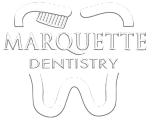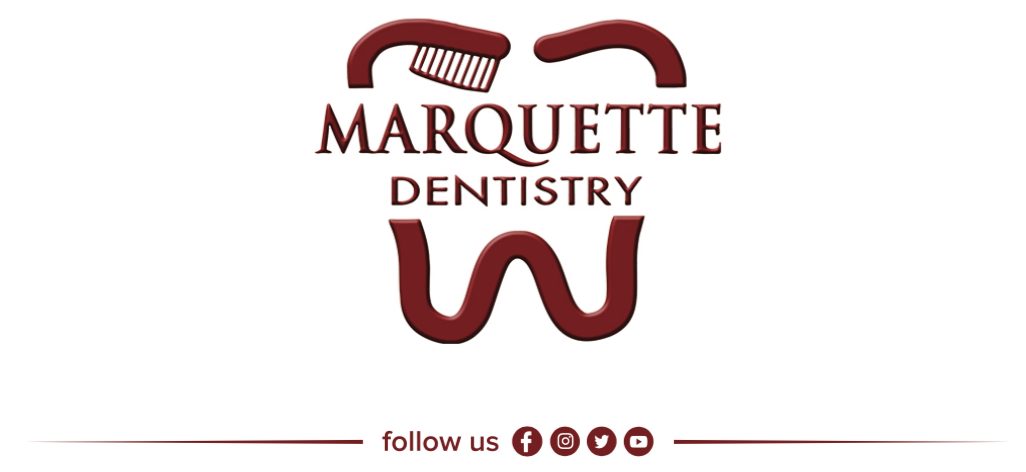Tender documents show the commonwealth is commissioning work into how best to design dental services for remote NT Aboriginal communities and how much it will cost to fill the current gaps, with a report due by December this year.
The brief from the federal Health Department says further services will be needed, despite the $100 million already available to June next year to expand indigenous healthcare operations in the territory.”Due to the difficulties associated with providing oral health services to indigenous people in the NT, particularly in remote areas, the provision of these services comes at a high cost,” it says. “Under the current funding arrangements, many children won’t receive oral health follow-up services.”The Government review into the NT emergency intervention last year identified dental neglect as the most widespread health problem among Aboriginal youngsters in remote communities.
About 44 per cent of the thousands of children who underwent medical checks during the rollout of the controversial intervention had untreated tooth decay or other oral health problems.A third of those sampled were referred for dental care, but health check follow-ups appeared to be “sporadic, unpredictable and determined more by the availability of specialists and funding constraints rather than the child’s health needs”, the review report found.
Since the report’s release, the Government has guaranteed funding for law and order, alcohol and anti-pornography measures for three more years, and promised $58 million towards eye and ear diseases in indigenous communities.
But it has been slower to move on oral health.
Health Minister Nicola Roxon said yesterday the Rudd Government remained committed to delivering the follow-up services.
“We don’t underestimate the extent of the challenge and we are constantly looking for ways to improve services,” she said.
A spokeswoman for the Health Department last night said the agency “recognised that the model of follow-up dental care at present is limited”.
She said the problem lay with the design — not the funding — of the services.
But Hans Zoellner, chairman of the Association for the Promotion of Oral Health, said extra money for indigenous oral health was more urgently needed than was another government report.
“We know what to do. Governments just have to bite the bullet and do it,” he said.
Associate Professor Zoellner said untreated dental decay was serious enough to cause bone or tissue infection among children, forcing hospitalisation and multiple teeth extractions.
If the neglect persisted into adulthood, it could complicate management of chronic diseases, such as diabetes and heart disease, compounding existing health inequities, he said.

